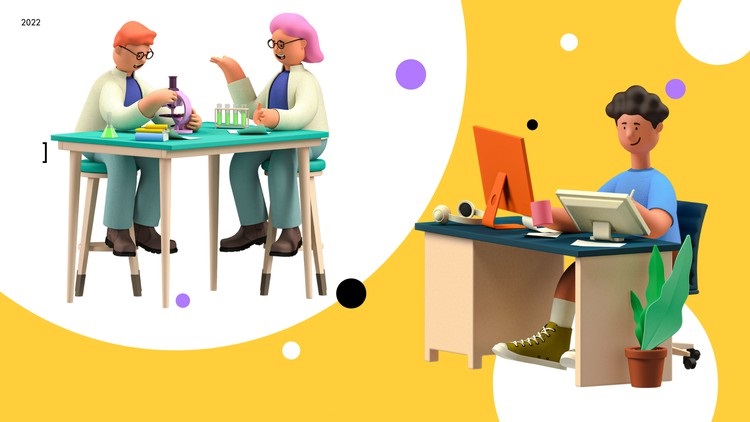Create Your Own Chat Application from Scratch with MQTT and MEAN
Build an app with MongoDB Atlas, Free MQTT brokers, an NPM library, and angular components, and ship it to Heroku.
What you’ll learn
Create Your Own Chat Application from Scratch with MQTT and MEAN
- Make use of angular components.
- chat application that works on any platform.
- A Framework for Chat Assistance
- Node Js and Mosquito (MQTT).
- Telegram is a messaging app.
- Typescript, CSS, and HTML are all examples of markup languages.
- concepts for web integration.
- cross-technology integration and angular elements
Requirements
-
Fundamentals of angular socket io in Nodejs Chat apps
Description
- You’ll learn how to make your own chat app that can be added to any Angular, React, Vue, WordPress, or plain HTML website.
- Use all the free tools to encapsulate everything in your application, and there are no costs or licenses necessary to operate it.
- We’ll use MQTT as the message broker, which will make it easier for you to talk.
- The Pure JS connectors keep your client app clean, and the cost of integration is nothing, making it simpler and more acceptable.
- You may keep your sent messages if you use the MongoDB Atlas free tier.
- Scaling to a broad variety of apps and websites is easier with a technology-independent architecture.
- Designing and developing ideas from the ground up allows you to learn more and have a greater understanding of what you’re doing.
- Learn and grow your support systems.
- The free tier of MongoDB Atlas has been integrated.
- Setting up a Heroku account and deploying servers
- Listening to the chat queue and managing the connections
- You can study everything from the ground up and make the most of your time.
- Learn how to build your own NPM library and deploy it.
- Use the library to create angular elements.
- To learn and explore more, get additional samples and test application scenarios.
Who this course is for:
- developers, entrepreneurs, and students
Practical IoT Concepts-Devices, IoT Protocols
Get Course Now








